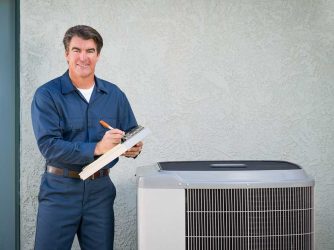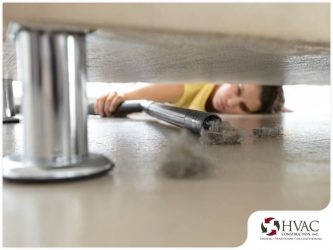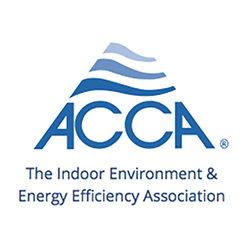When the time comes to invest in a new HVAC system, many homeowners often wonder about the need for permits. It’s a common misconception that these are only necessary for large-scale renovations. However, when dealing with heating and air conditioning construction, securing the right permits is a critical step for several compelling reasons. In this article, HVAC Construction discusses these reasons and why it is imperative to work with professionals.
7 HVAC Contractor Red Flags to Watch Out For
Choosing the right HVAC contractor is crucial for ensuring the comfort and safety of your home or business. But with so many options, it can be tough to know who to trust. In this blog post, we discuss seven red flags to watch out for when searching for an HVAC construction company. By keeping these warning signs in mind, you can make an informed decision and avoid potential headaches.
When Is the Best Time to Replace Your Air Conditioner?
If your air conditioner is no longer functioning properly or is simply old, you should consider replacing it. Sometimes, it’s more cost-effective to get a new unit instead of paying for frequent repairs. A new air conditioner will improve your home’s comfort and is generally safer for your family.
How to Improve the Air Quality in Your Home
Studies conducted by the EPA (Environmental Protection Agency) reveal that most indoor spaces are two to five times more polluted than the air outdoors. Coupled with the fact that most people spend about 90% of their time indoors, homeowners need to understand the importance of maintaining good indoor air quality. In today’s post, the HVAC contractors at HVAC Construction, Inc. take a look at the parts of the house that typically have poor indoor air quality, and what you can do to improve them.
Why It Pays to Have a Whole-Home Humidifier
Indoor humidity levels can impact overall home comfort. Achieving and maintaining the right amount of humidity can be quite challenging, especially during the winter months when your furnace or boiler distributes warm but dry air in each room. In addition to static shocks, the presence of dry air can make your nasal passages, throat, eyes and skin feel dry and itchy.












